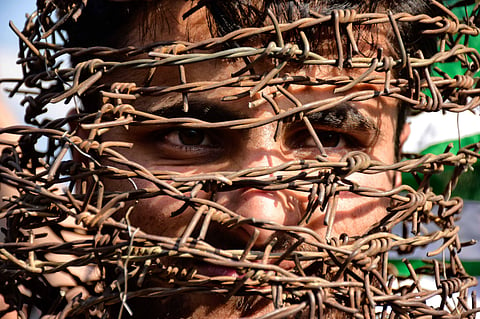The paradox of Indian liberal thought on Kashmir and Article 370
DURING A TELEVISION interview with India Today in December 2023, the late jurist Fali Sam Nariman, one of the country’s more prominent liberal voices, defended the Supreme Court of India’s verdict that month endorsing the abrogation of Article 370 – the part of the Indian constitution that recognised Jammu and Kashmir’s special, semi-autonomous status within the Indian Union, which the Indian government had done away with in 2019. The move also entailed stripping Jammu and Kashmir of its statehood.
According to Nariman, the appropriate procedure for the government to effect the abrogation should have been through Article 368, which outlines the process for constitutional amendments. The government, under the Bharatiya Janata Party (BJP), had forced the move through unilaterally via a presidential order under Article 370 itself, and then enforced its will in Kashmir with a brutal lockdown and internet blackout.

